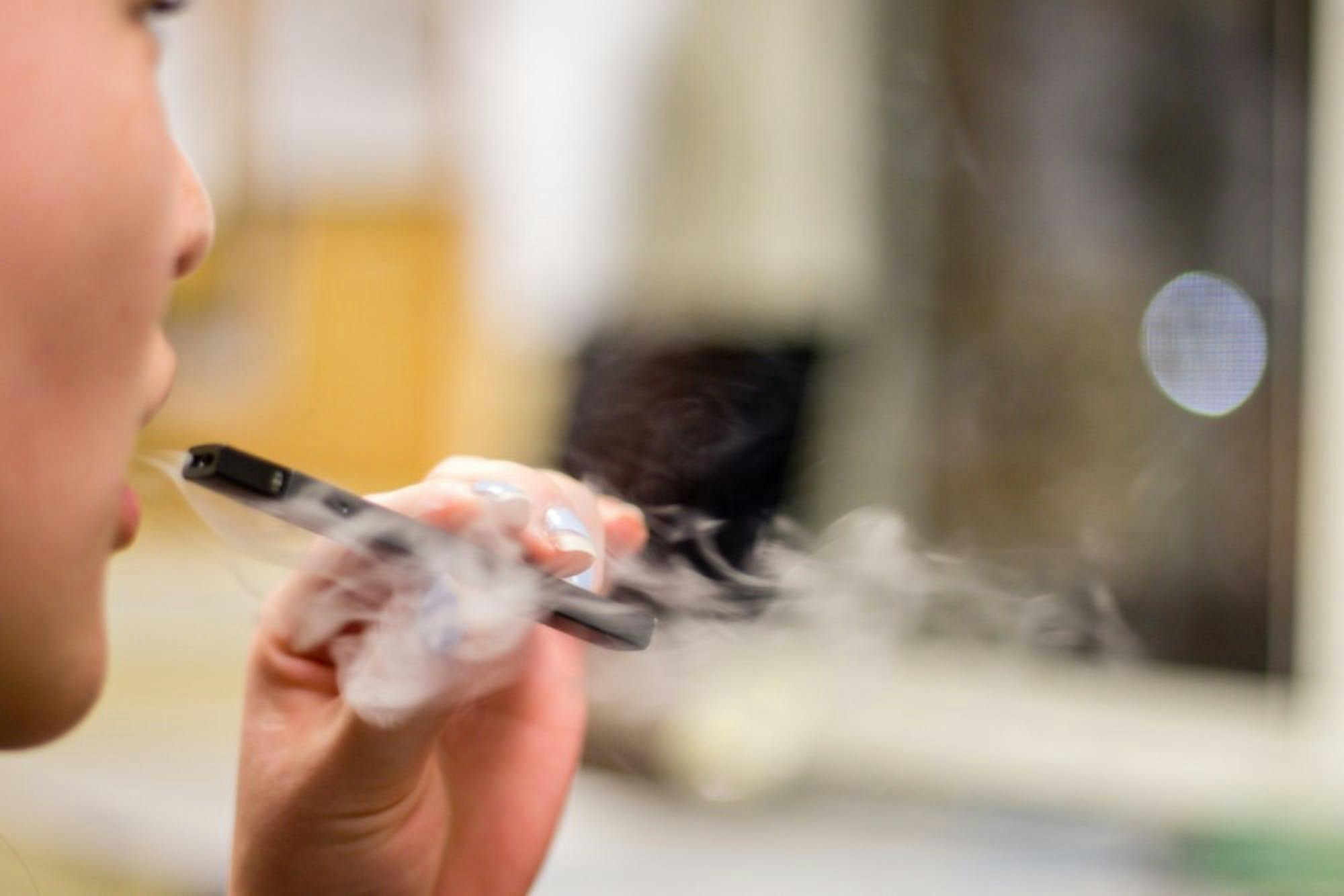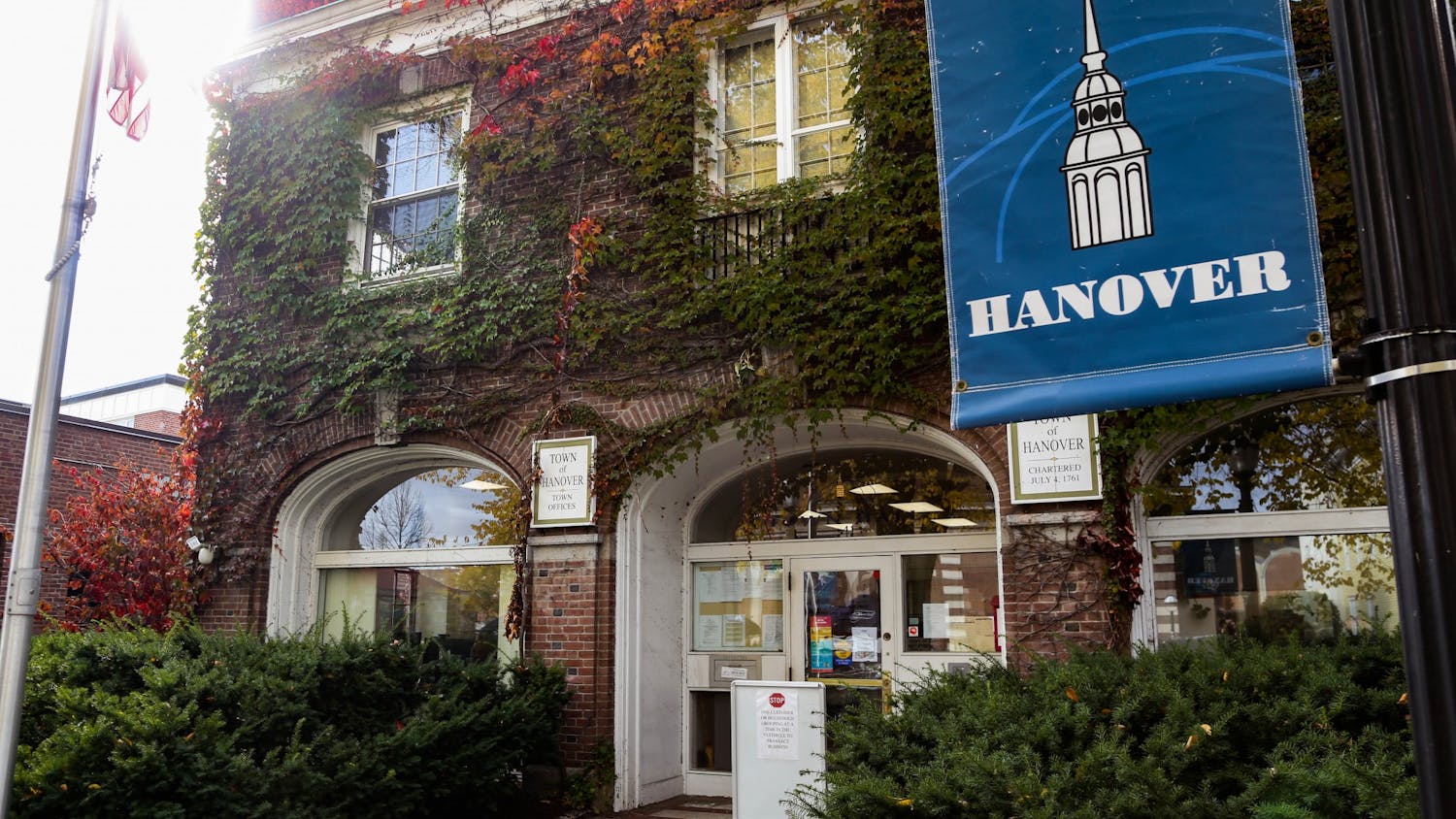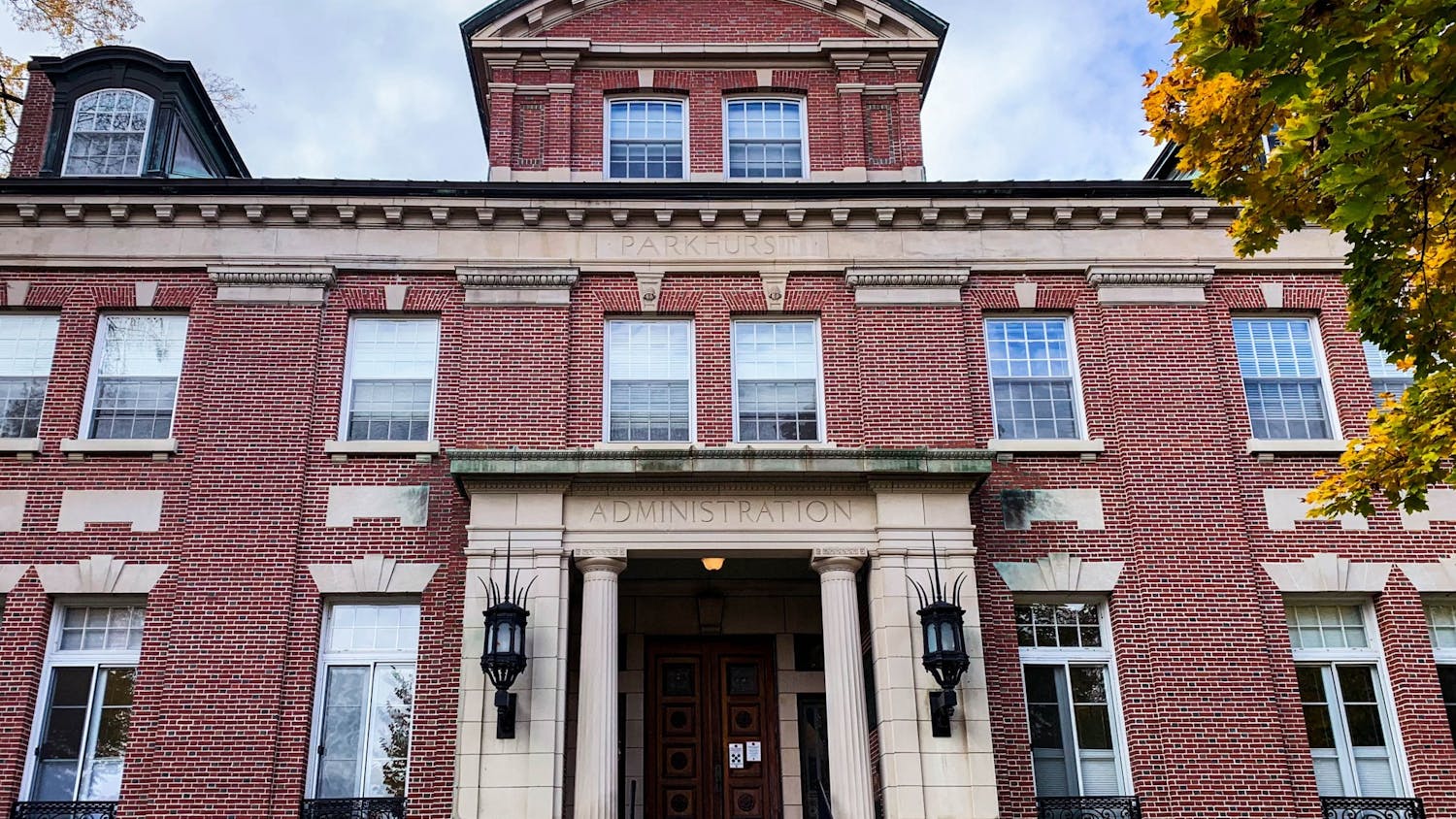Effective March 18, the College will prohibit smoking and the use of other tobacco products, including vaping products, on all Dartmouth properties. The policy will apply to all Dartmouth community members and visitors on campus in both indoor and outdoor areas.
In an email sent to community members, College President Phil Hanlon wrote that Dartmouth is implementing the policy to “provide a healthy environment” for the community. He cited “growing evidence” of the link between tobacco use and a variety of life-threatening diseases, such as COVID-19, as one reason the policy was implemented.
“We'd like to provide every opportunity possible for community members to protect themselves,” Hanlon wrote.
The use of tobacco products will be prohibited on public streets within 20 feet of the entrance to any Dartmouth building. Non-College-owned Greek houses are also subject to this policy, as the Office of Greek Life mandates that these organizations meet property management requirements, including the new tobacco-free policy.
The policy covers the use of all tobacco-based products, including cigarettes, cigars and electronic smoking devices, such as e-cigarettes and vaping products.
Community members who are found smoking, vaping or using other tobacco products on College property after March 18 will be referred for tobacco cessation treatment. Those who continue to use these products will be subject to “established procedures” for policy violations. Exceptions to this policy for cultural traditions and religious observances will be reviewed on a “case-by-case” basis.
Hanlon also wrote that the policy will not go into effect until mid-March in order to encourage people who use tobacco products to seek treatment in advance of the new policy. The College will continue providing resources and support after this date to “encourage” tobacco cessation, Hanlon wrote.
Tobacco cessation resources, including prescriptions for medication and counseling, are available for students and faculty. The Student Wellness Center and Wellness at Dartmouth Office will also distribute free “Quit Kits,” available upon request, with items such as fidgets and nicotine replacement therapy gum.
However, David Millman ’23 said that he is concerned at the timing of Hanlon’s announcement.
“For me, a concerning aspect is the precedent of implementing permanent rules during the pandemic without student input,” Millman said, noting that as a Student Assembly representative, he had not heard anything about the regulation until the campus-wide announcement. “Rules that are implemented unilaterally without student voices end up being the ones that are massively unpopular.”
Some students expressed outrage over the new policy on social media. One Twitter user wrote that it was “awesome of dartmouth to make a statement of how tobacco is a risk factor for covid as if my freshman dorm didn’t have asbestos and black mold in the wall.” A Librex user called the ban “an insult to our Native American institutional heritage.”
Josh Pfefferkorn ’24, who learned of the new policy on Librex before he saw Hanlon’s email, said that he initially “thought people were joking” because “it sounded almost satirical.”
“The way they described it [in Hanlon’s email], it was an opportunity to create a healthier environment … [but] I really don’t see [the policy] changing anything,” Pfefferkorn said. “I don’t think anyone is going to stop smoking because of it. If they care enough about the rule they’ll just step off campus, and I honestly don’t even see most people doing that.”
He added that some students have expressed concerns that the policy will disproportionately affect marginalized groups on campus, such as veterans and low-income students.
Millman said that the administration could have gotten “some form of student engagement” before announcing the policy, such as a roundtable event or a student survey, to eliminate the “major issue” of the policy seemingly “coming out of the blue.”
Lawrence did not confirm whether the College solicited student input prior to implementing the new rule by press time.
Others are concerned about the unspecified nature of the “established procedures” that repeat violators of the policy will face. Chris Gaige ’23 said that while the College’s “focus should be the health of the community,” he is concerned that the new policy will instead have “unintended consequences,” causing students to face punitive action from the College.
“For the people who either want to smoke in a recreational way or have an addiction and need to smoke, if for whatever reason they were to be found in violation of the policy, I hope it would be treated more as an educational experience rather than some kind of harsh disciplinary procedure,” he said.

Lauren ('23) is news executive editor for The Dartmouth. She is from Bethesda, Maryland, and plans to major in government and minor in public policy.




